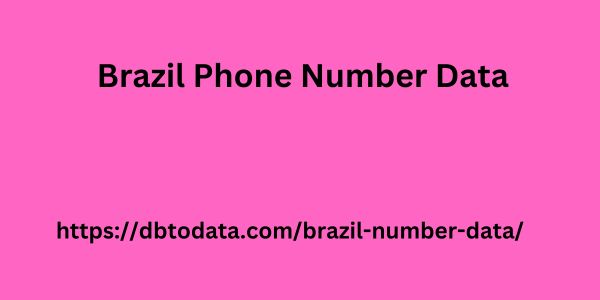|
|
If you've ever seen a great interviewer in action, it may seem easier than it really is. Don't let that mistaken assumption limit your preparation. It can be very difficult to ask the right questions in the right way in order to get the answers you need to evaluate a candidate. If you want to make sure you're prepared, this guide explains how to conduct an interview. Index of contents How to prepare for an interview How to conduct the interview What to do after an interview Conducting an efficient and non-judgmental interview only requires planning If you've ever seen a great interviewer in action, you may get the impression that it's easier than it really is. Don't let that mistaken assumption limit your preparation. It can be very difficult to ask the right questions in the right way so you get the answers you need to evaluate candidates. If you want to make sure you have good preparation, this guide will explain how to do an interview. How to prepare for an interview Half of what makes a good job interview is what happens before the interview. Here are seven things you can do to be prepared.
Define the job requirements and write a clear job description This point may seem obvious, but the nuances should not be overlooked. Hopefully, you did this before posting the job description. If you somehow got to this point without writing a good job description, then now is the time to answer some important questions, like the following: What qualities are you looking for in a candidate? What soft or hard skills do the organization's best performing personnel possess? What gaps exist in your team currently? What are your non-negotiables? The more you explicitly define the position and the Brazil Phone Number Data qualities you are looking for in a candidate, the easier it is to know what to ask during the interview. 2. Prepare specific questions about the position in advance It's easy to get carried away during an interview. Having interview questions prepared in advance allows you to cover all the topics you want. Most companies have a basic set of questions they ask each candidate, and then specific questions for each position. Asking the same basic questions of all candidates allows you to compare them more directly. To ensure you get answers that help you make decisions, use a mix of question types.

Employ a variety of closed-ended questions, open-ended questions, hypothetical questions, and behavioral questions. For example, asking a behavioral question like "tell me about a time you dealt with a difficult boss" is more likely to allow you to find out how the candidate deals with conflict, rather than asking directly how they do it. And while it's good to be prepared, you should leave room to ask organic questions that arise naturally. If there is something in particular that stands out to you (whether positive or negative), don't be afraid to ask follow-up questions. 3. Select all candidates with pre-selection evaluations The easiest way to have good job interviews is to have extraordinary candidates before you. But it's difficult to identify the best candidates by their resumes alone. Plus, you'll spend a lot of time reviewing resumes if you don't use a more efficient approach. Especially if you have a large volume of applications, as this makes it difficult to give each resume the attention it deserves. An eye-tracking study showed that recruiters spend only 7 seconds on average skimming a resume, but this is not the best strategy for identifying the best candidates.
|
|